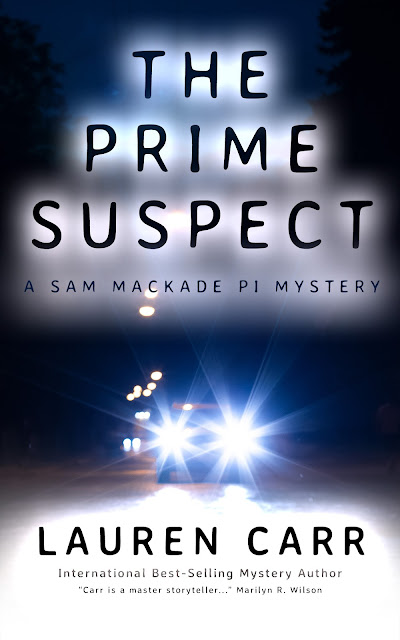The World’s Easiest Astronomy Book by Hitoshi Nakagawa (Rated:C)
One Peace Books
ISBN: 978-0-9785084-4-9
Published September 2009
Paperback, 120 pages
Okay, so science wasn’t my forte in high school, but I always wanted to understand the mysteries of the universe—the simple way. If you’re nodding your head in understanding, you will love The World’s Easiest Astronomy Book, a little gem of a book that lives up to its name. Although written for young teens or astronomy-loving middle graders, I would certainly recommend it for all ages.
Hitoshi Nakagawa, a former JAXA space exploration officer and current high school teacher, has the amazing talent of explaining the wonders of space and its possibilities in easy, simple terms. Such things as universal gravitation, the theory of relativity, and the centrifugal force are no longer so complex to comprehend. They are simplified and easy to understand, as if you were listening to a knowledgeable friend whose love of the universe shone through his words as he sat and chatted with you.
The book is composed of 44 short lessons rather than chapters. Once you read the first one you will quickly want to read the rest, as your curiosity will be piqued. Nakagawa adds all sorts of tidbits about living in space and what that entails. What happens to the human body when it is in zero-gravity? And what about a flying bird? Or a lit candle? Ever heard of moon face? What’s the temperature and environment like in space? On the planets? Is time travel possible? And what is a shooting star anyway? Answers to such questions render this book fascinating.
I handed the book to a 10 year-old science-loving friend, who began reading it immediately. His observations were that although some parts of the book were a little hard to understand, he learned a lot of new things. He especially liked the short lessons as it kept the topic from getting boring, as some science books tend to do. He also found the illustrations cute.
Although this book makes no mention of God as Creator, but rather advocates the theory of evolution, it definitely made me appreciate my belief in God, the Greatest Scientist and Mathematician. The calculation of the number of stars in Lesson 21 shows the staggering, almost infinite number to be 20 billion trillion (that’s 20 followed by 21 zeros), making me instantly think of Psalm 147:4, where it speaks of God “counting the number of the stars; all of them he calls by their names.” Astounding! The author does such a marvelous job of showing us just how beautiful, calculable and mind-boggling complex the universe really is that it dispels any notion and is illogical to think it all came about by….chance? How could something as grand as the universe, which required immense energy to form, come from nothing?
Many experts in various scientific fields perceive intelligent design in nature, such as Byron Leon Meadows, who works at the National Aeronautics and Space Administration in the field of laser physics and states, “I find clear evidence that everything I observe has a cause. I believe that it is scientifically reasonable to accept that God is the original cause of all things in nature.”
In Lesson 12, in speaking of the definition of the universe, which comes from the Greek word cosmos (meaning an ordered system), the author concludes by stating, “Research into the structure and origins of the universe is deeply linked to a deeper understanding of the question of where we came from and where we are going.” Of course.
This well-translated version of the original Japanese bestseller is a unique book in that it introduces the marvels of the universe to young ones. The notion that “the time will surely come when countless people are born, grow up, and spend their whole lives in space” as Nakagawa concludes, may sound far-fetched to some. For me, it is forgetting that mankind’s physical, emotional and intellectual make-up thrives on this beautiful Earth, the only planet with absolutely everything in it to sustain life and most importantly, to make it enjoyable.
Monday, September 21, 2009
The World's Easiest Astronomy Book by Hitoshi Nakagawa
Posted by Laura at Library of Clean Reads on September 21, 2009 in Astronomy Children's Book Review Non-fiction | Comments : 1
Subscribe to:
Post Comments
(
Atom
)







I am going to be taking an astronomy course next semester in college. This can only help. Thanks for the review!
ReplyDelete